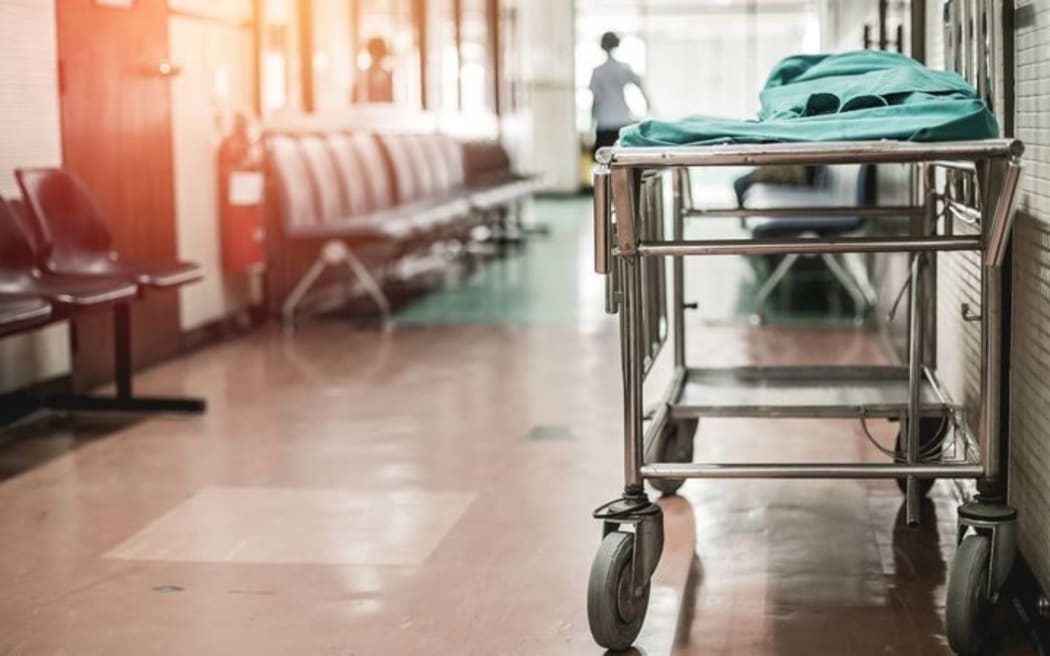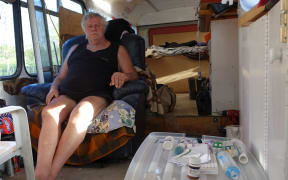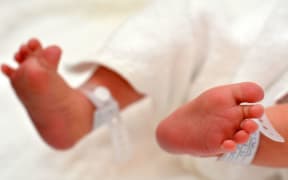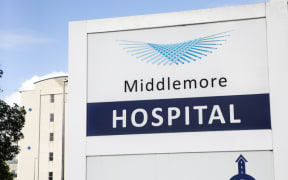The Auckland, Waitemata and Counties Manukau DHBs have been dragging their feet on implementing safer working hours, the junior doctors' union says.

Photo: 123RF
Doctors went on strike several times in the past year to protest their long hours, which they said also put patients at risk.
They struck a deal with the district health boards in March for better rosters, which meant they would not be required to work more than 10 days in a row, or four days straight.
Those changes are yet to be implemented, and many are still working up to 12 days in a row.
The roster changes were due to be put in place within six months of the agreement being reached with the DHBs.
Resident Doctors' Association secretary Deborah Powell said most DHBs had complied with the new arrangement but Auckland, Waitematā and Counties Manukau DHB had not.
"We've only got 40 percent of the rosters under way in Auckland and 20 percent in both Counties and Waitematā."
The Waitemata DHB confirmed it had 27 percent of its new rosters underway.
Dr Powell said it was a deliberate move to save money by not employing the extra doctors the new rosters required.
"It all has to go through this central agency. They've refused to engage directly with the RMOs concerned, it has to be controlled centrally by this agency and they'll only do so many (rosters) at a time.
"[It's] very bureaucratic and frustrating."
Dr Powell said the tiresome rosters meant there was a risk doctors could make mistakes with their patients.
However, some junior doctors said the union had blocked efforts some DHBs had made to improve working hours.
Counties Manukau DHB recently proposed a provisional roster - which wasn't entirely compliant - as an interim measure.
The union encouraged doctors to vote against that roster, saying it would mean the DHB would not be compelled to create a compliant roster in future.
A junior doctor at the hospital, Ruth, said that was unnecessary.
"Coming at it from the view of patient safety, then surely a roster that's better than the pre-existing one is a good start and I don't see why we had to turn that down just because it didn't meet all of the exact requirements."
She said she had faith that DHBs were trying to work within their budgets to get better rosters, and while she supported the unions' efforts to improve the rosters she disagreed with the decision to reject the interim one.
The Resident Doctors' Association said it would begin mediation talks with the Auckland DHBs over the roster issues shortly.
In a statement, Counties Manukau DHB said it was focusing on the most complex rosters with the highest level of fatigue identified by junior doctors.
It said they had been unable to reach an agreement on one of the largest rosters and had asked to meet with the doctors' union in mediation to discuss the issues.
RNZ understands Waitematā DHBs is taking the same approach.
The spokesperson for the three Auckland DHBs, Rachel Lorimer, said rostering was complex and they were working in good faith with doctors to meet the agreement.






